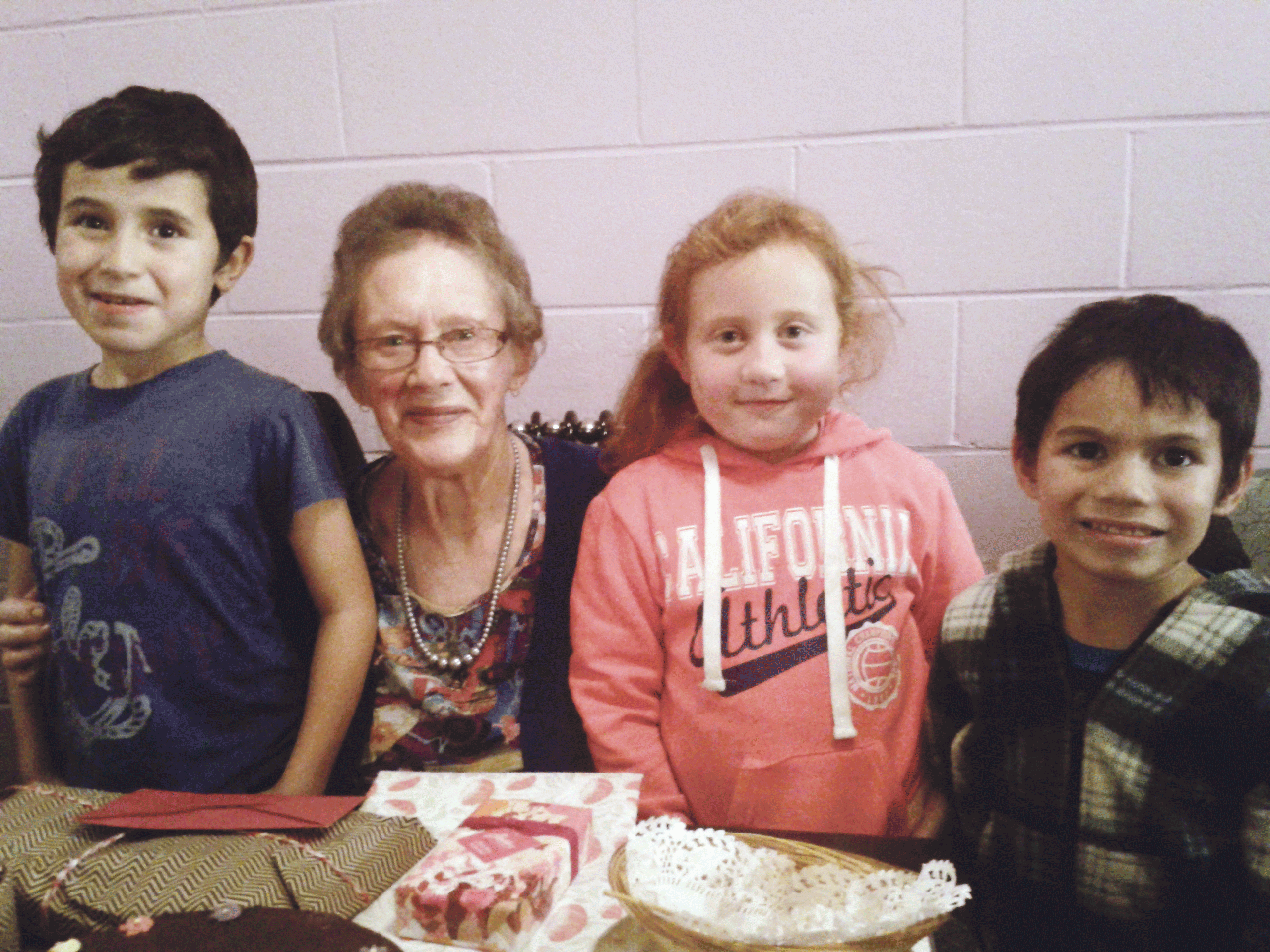 Whanau and family
Whanau and family
Taneora Tunoho Ryall
Recently, I attended a partners’ meeting of Caritas Australia’s First Australians Programme. While there, I was often asked – as I am here in New Zealand – who is in my family?
I find this a vague question because I have a different understanding of whānau or family from many other people.
To me, a family, or my whānau in particular, is far more than a contained unit of directly-related people encompassing two or three generations.
In Te Reo Māori, whānau means to be born or to give birth, indicating the distinct and special connection we all share with our parents.
This relationship that everyone shares with their parents extends back to the past and far into the future.
Whānau is also not relegated to a direct post or line; instead it is a vast, expanding tree with many branches.
As the many descendants spread out and flourish through successive generations they do their part to support the whole tree, affecting the lives of the many people who are all connected by one particular ancestor that is our collective supporting trunk.
Going back to the initial question: who is in your family? My whānau are all connected through a common ancestor and contribute to who I am today and who I will become in the future.
Whānau includes those who have left a lasting impression on me or those who have yet to make themselves known. The answer I give can vary from the small three-person family of me and my kids, to a group of thousands who all identify as descendants of our common ancestor.
Family, in my eyes, is not something set in stone, but forever changing based on the decisions, experiences and stories shared by all of its members.